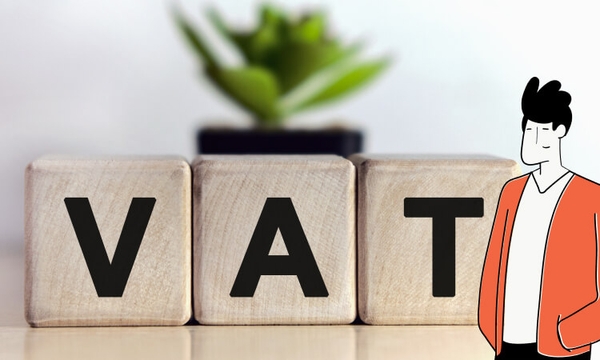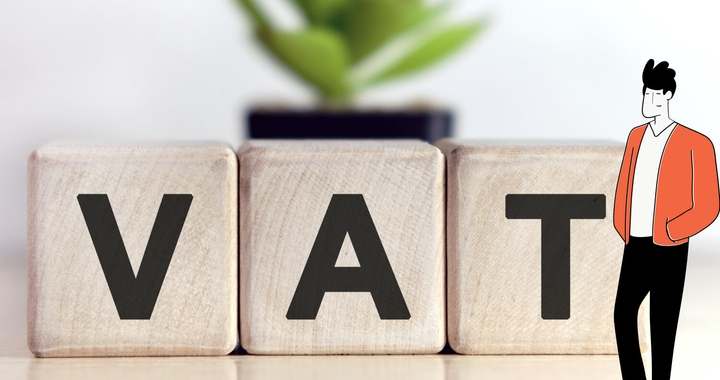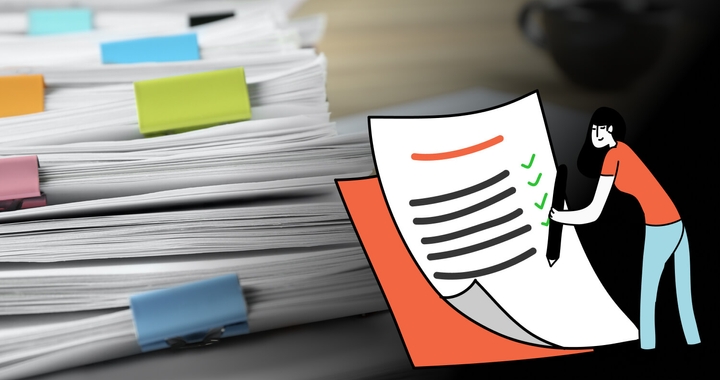VAT Number


If you want to expand your business and begin shipping your product internationally, then you should consider applying for a VAT number or VAT ID.
Fortunately, while the prospect might seem intimidating, the value-added tax isn’t as complicated as it sounds, although ensuring that you are well informed about VAT registration numbers can prove difficult.
The internet is full of thousands of different articles, all with small pieces of the information you require. Within this article, you’ll find much of the fundamental knowledge you need about VAT numbers and how they can affect your business.
What is a VAT Number?
VAT is short for value-added tax. A VAT number, VAT registration, or VAT ID is a government-issued number that acts as a way to track your business’ taxes in specific countries. VAT numbers are used all over the EU, India, Japan, and other countries totaling 116 altogether.
A VAT number is not the same as your tax ID. This number is only for use in the value-added tax system. The VAT system applies to most services and goods based upon a percentage of the total cost of the item. The percentage could be anywhere from 0%-27%, depending on how much the product costs to produce, distribute, or sell.
VAT is similar to the Goods and Services Taxes (GST) seen in Singapore, Australia, and other countries. The difference is that VAT is a percentage of value-added and GST is a flat-rate percentage, meaning it never changes.
What is the Importance of VAT Numbers?
A VAT number is important for the following reasons:
- It identifies the tax status of the customer
- It identifies the place of taxation
- It is cited on invoices for tracking capabilities
- It ensures that the holder of the number pays taxes precisely as assessed by the relevant authority
It’s important for any business to be able to sell to other countries, especially as they grow. Allowing yourself the capability to do so has the potential to increase your sales. Along with the reasons listed above, acquiring a VAT ID for your business could be the difference between limited sales and exponential growth.
The Business Benefits of a VAT Number
VAT registration benefits for businesses include increasing the range of product shipping and making more money. If you operate in a country that applies VAT you are eligible to claim refunds, even from the past. If your business is not registered for VAT, you are also qualified to reclaim the taxes, but only on products and services received for your business.
Who Issues a VAT Number?
Each country has a specific policy and system for VAT numbering, so the country you wish to sell to will issue your business’s VAT registration. If you have already been selling to other countries but are not yet registered for VAT, you should register immediately to avoid incurring fines. Fortunately, the process is nearly the same for each country and is fairly simple.
How to Apply for a VAT Number
The process to apply for a VAT number if you’re outside VAT-system countries will look similar to this:
- Choose the VAT country you wish to sell to and register through its VAT MOSS
- Provide your bank account and business information
- Enter your contact information
- Answer questions about your VAT history
- Review the information
- Finalize
What Does a VAT Number Look Like?
Deciphering a VAT number is not as tricky as it might appear at a glance. A VAT number can have anywhere between 4 and 15 digits. Typically it will begin with the two-digit country code, which might be numeric, but can also comprise letters, such as DE for Germany or IN for India. After the country code (numeric or alphabetic), another 2 to 13 digits will follow. You can view the different formats here.
When Does a VAT Number Not Apply
If you are selling strictly B2B digital products then you do not need to apply for a VAT number. If you are selling B2B, you will be eligible to use the VAT number of the company you are selling to as a means to reclaim VAT using the reverse-charge mechanism.
The Pros and Cons of a Business VAT number

Pros:
- You will be able to sell internationally
- You will be eligible to reclaim some of the VAT
- It is excellent for marketing
- More opportunity to work with larger companies
Cons:
- Some of your consumers may not be VAT registered
- You must keep very close track of all sales
As you can see, the pros far outweigh the cons when it comes to VAT registration. It could be the difference between beating your last sales record and having an average quarter. Now that you have all the information you need to apply for a VAT number, you are ready to take the next step in your business.


